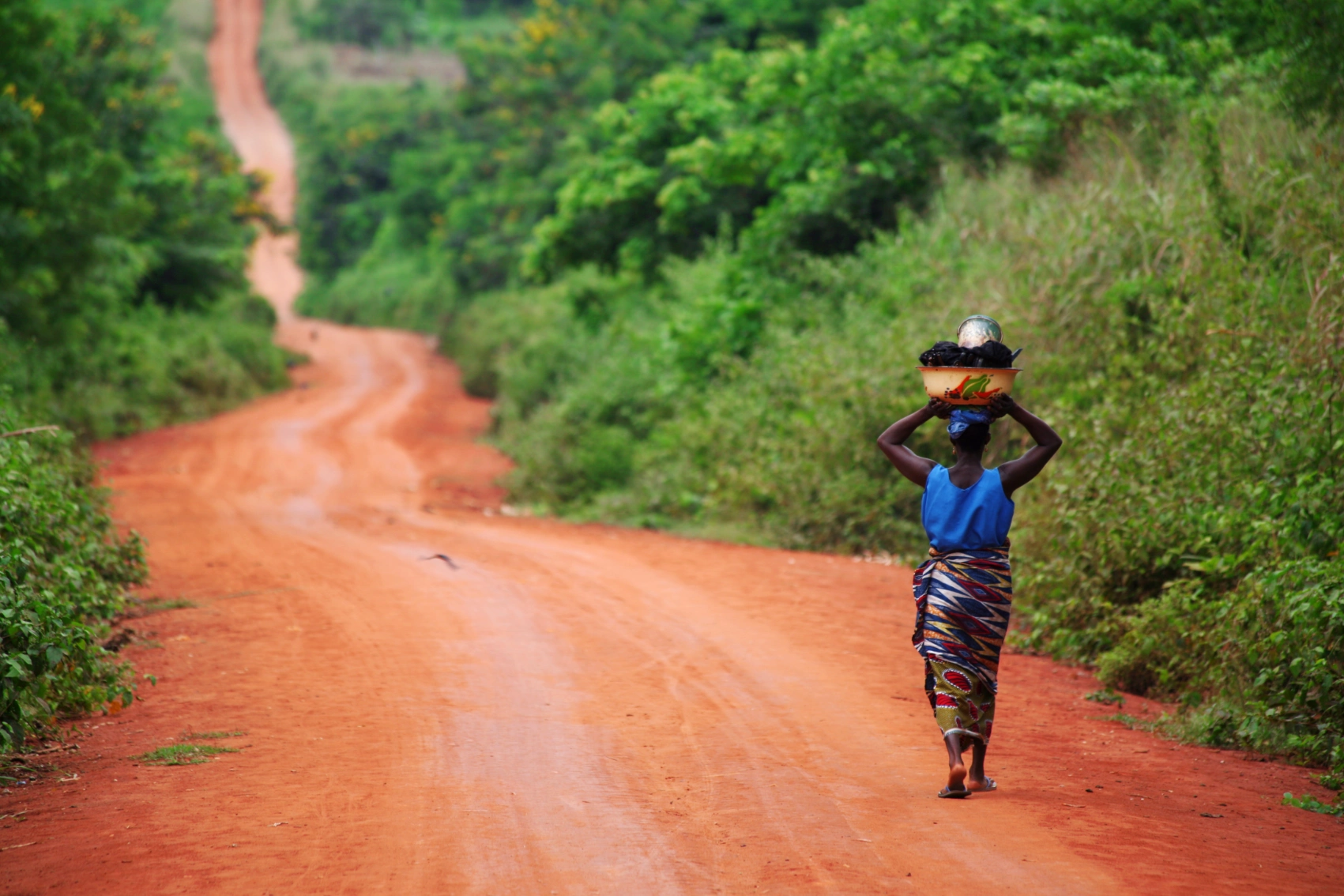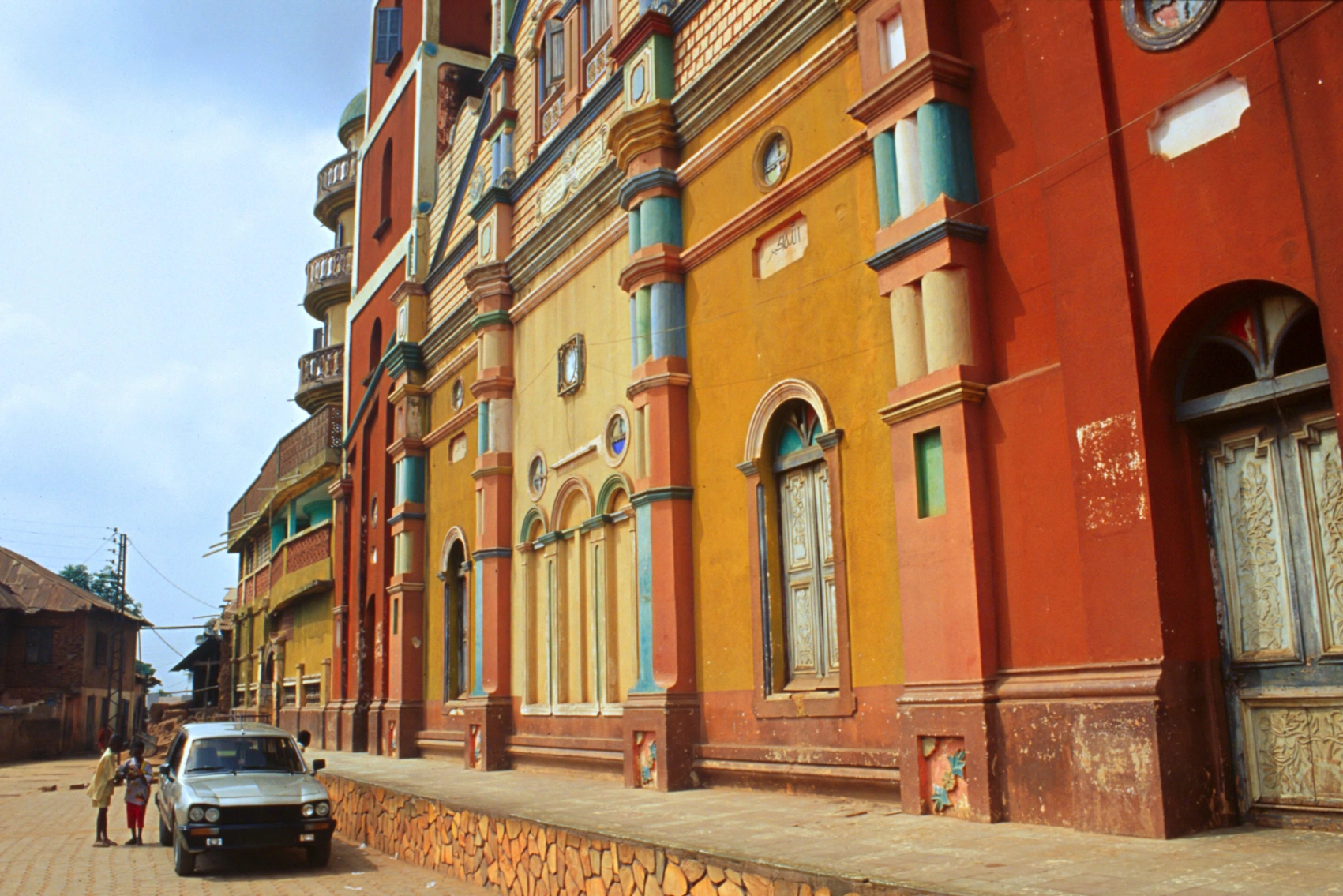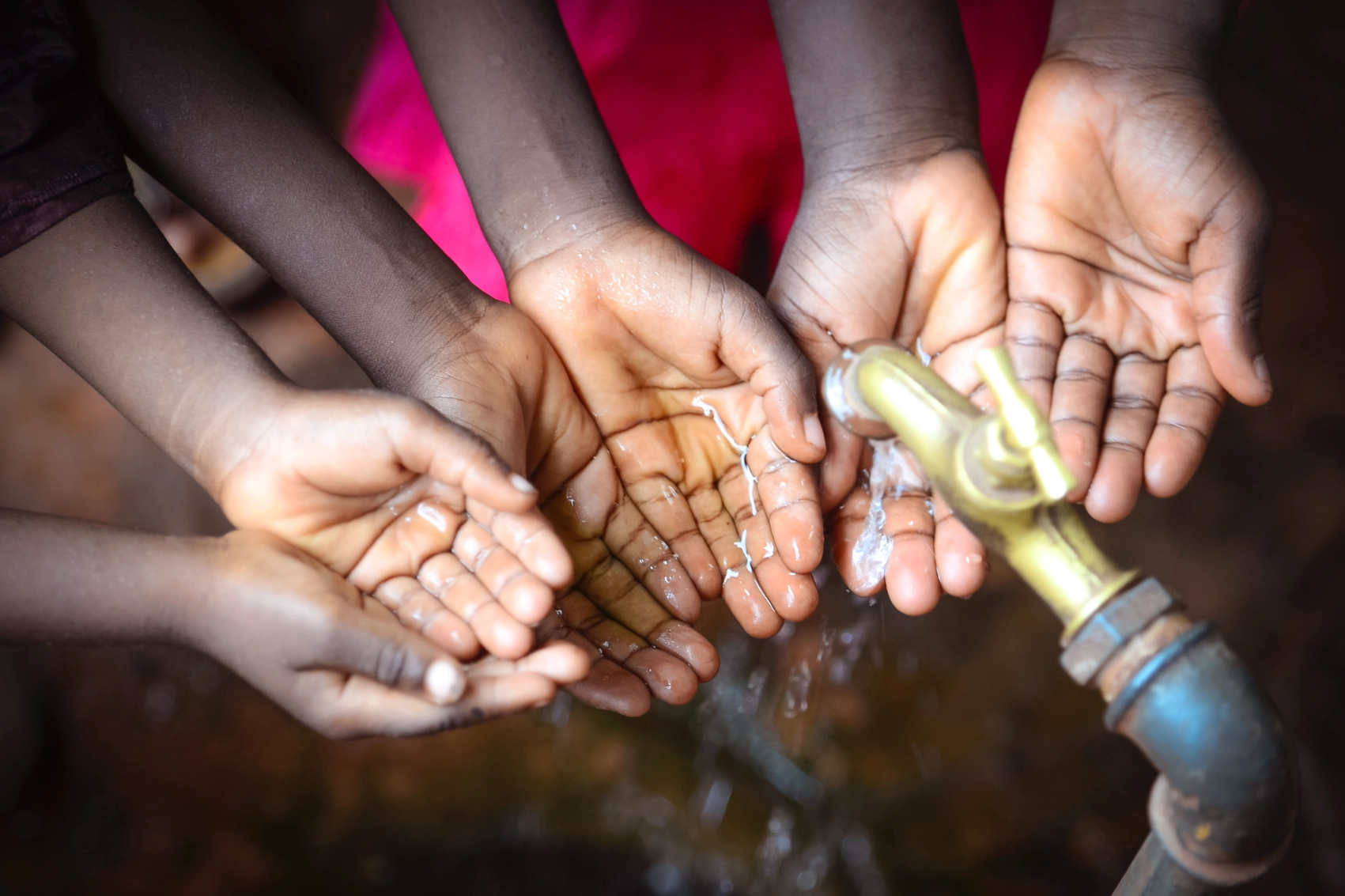Despite being one of the lesser-known countries in Africa, Benin offers the adventure of a lifetime. Local culture and epic safaris are just two of its best things to do. But is Benin safe for visitors? Whenever we travel somewhere new, we should always be aware of the risks, from petty crime to political unrest. This guide helps prepare travellers for their trip so that you can enjoy West Africa with no worries. Trust us, you’re going to have an amazing time!
Is Benin safe for solo female travellers?
Benin doesn't see as many tourists as other countries in Africa, so foreign travellers often stand out while visiting this part of West Africa. Unfortunately, this can attract unwanted attention, especially for women. The majority of people in Benin are kind and friendly, but young men can strike up unwanted, though generally harmless, conversations. Travelling on a small-group tour can make visitors feel more at ease. Rural communities in Benin tend to be more conservative, so it's a good idea to dress modestly by covering from knees to shoulders.

You're in good hands on: Togo and Benin: Local Markets, Koutammakou and Voodoo Traditions
Is Benin LGBTQ+ friendly?
Some countries in Africa criminalize same-sex relations, but Benin doesn't have laws in place regarding gender identity or sexual orientation. Additionally, Benin has taken strides to protect the rights of LGBTQ+ individuals. Despite this, homophobia is prevalent throughout the country, and same-sex relationships aren’t widely accepted. The topic is taboo in some areas, and many individuals face stigmas. However, this shouldn’t discourage you from visiting. Benin is a conservative country, and couples of all orientations should refrain from public displays of affection.
Benin travel insurance
It’s important to have adequate insurance before you travel. Accidents, injuries, and illnesses can occur when you least expect them, so it’s best to be covered, especially because medical facilities in Benin are poor. G Adventures promises exciting activities on your tour, which might include climbing up a mountain, taking a sunset river cruise, or walking along a 30m-high (100 ft) canopy walkway. All activities on our tours are vetted, and we use reputable providers. However, you still need to ensure that your travel insurance covers you for the listed activities, as well as any adventures that you take on in your free time.
You're in good hands on: Ghana, Togo, & Benin: Castles, Coastlines and Voodoo Discoveries
Safe places in Benin
As with any destination, check your government's travel advice before visiting Benin. Some of the safest places in Benin include Cotonou (the country’s largest city), Ouidah, Natitingou, and Savalou, all of which can be visited on a G Adventures tour. Like many places around the world, cities tend to pose more risks of petty crime, especially after dark. Adventurous travellers can also safely explore Pendjari National Park, which is known for its elephant and West African lion populations. Travellers should avoid areas along the country’s borders with Burkina Faso, Niger, and Nigeria. Trips to Benin are made safe and easy on a G Adventures tour, where you have an experienced guide, and your safety is their top concern, along with you having fun — of course!

Crime in Benin
Petty crime, such as pickpocketing, theft, and tourist scams, is widespread throughout the country, so take precautions while you're out and about. Keep valuables hidden and ensure your bag is held tightly. Remain aware of your surroundings and explore with a friend or a group. ATM fraud is also a big issue in Benin, so withdraw money from inside a bank. More serious crimes, such as muggings and armed robberies, are far less common but do occur, especially in lesser-visited areas of Benin.
Benin safety tips
While in Benin, avoid travelling alone at night. If you want to enjoy the country’s nightlife, buddy up with other travellers. Petty crime and pickpocketing do occur, so stay aware of your surroundings. Take the usual precautions — keep your belongings close and leave any valuables in a safe place.
As with any country in Africa (and the world, for that matter), ensure you have all the necessary vaccines before travelling. You also need antimalarial tablets. Always travel with reputable tour and transport providers. On a G Adventures tour to Benin, all of the logistics are taken care of for you, so you can sit back, relax, and enjoy the journey.
Healthcare in Benin
Although Benin has made improvements, medical facilities are generally poor, particularly in rural areas. Frequent travellers know that sickness and health issues can occur at any time, but following preventative measures and ensuring your vaccinations are up to date lowers the risk. A medical professional can give you advice on any vaccinations that you require, such as additional boosters and recommended vaccinations. Travellers heading to Benin require a yellow fever certificate. If you travel with G Adventures, we ask you to complete an online medical questionnaire before your trip, which ensures that we know about any medical issues and that travellers get the right assistance and attention.

You're in good hands on: West African Adventure: Highlights of Ghana, Togo & Benin
Benin malaria
Like many countries in Africa, malaria is prevalent in Benin. Get advice from a doctor, nurse, or travel clinic before you go. A medical professional can advise you on the best anti-malarials to take. It’s best to get this advice six to eight weeks before you travel because you usually start these medications a few days or even a few weeks before your trip.
When you're in Benin, it’s important to prevent mosquito bites. Use insect repellent — 50% DEET-based is the way to go. Cover your arms and legs by wearing long pants and long-sleeved tops, especially during the evening when mosquitoes are most active. Some accommodations provide mosquito nets.
FAQ: Is Benin safe to visit?
Can you drink the tap water in Benin?
Travellers are advised to avoid drinking tap water in Benin unless it’s boiled — this is the case in many African countries. Avoid drinks with ice, use bottled water to brush your teeth, and be cautious with foods that may have been washed with tap water.
What is the biggest problem in Benin?
Despite recent progress, Benin remains one of the poorest countries in the world. Unfortunately, much of its population lives in poverty, and many people experience food insecurity and have limited access to clean water. Responsible tourism is vital for Benin and its development.
How safe is Benin for tourists?
Like anywhere in the world, Benin has its risks. However, it's considered one of the safest countries in West Africa and offers an exciting adventure for travellers.























